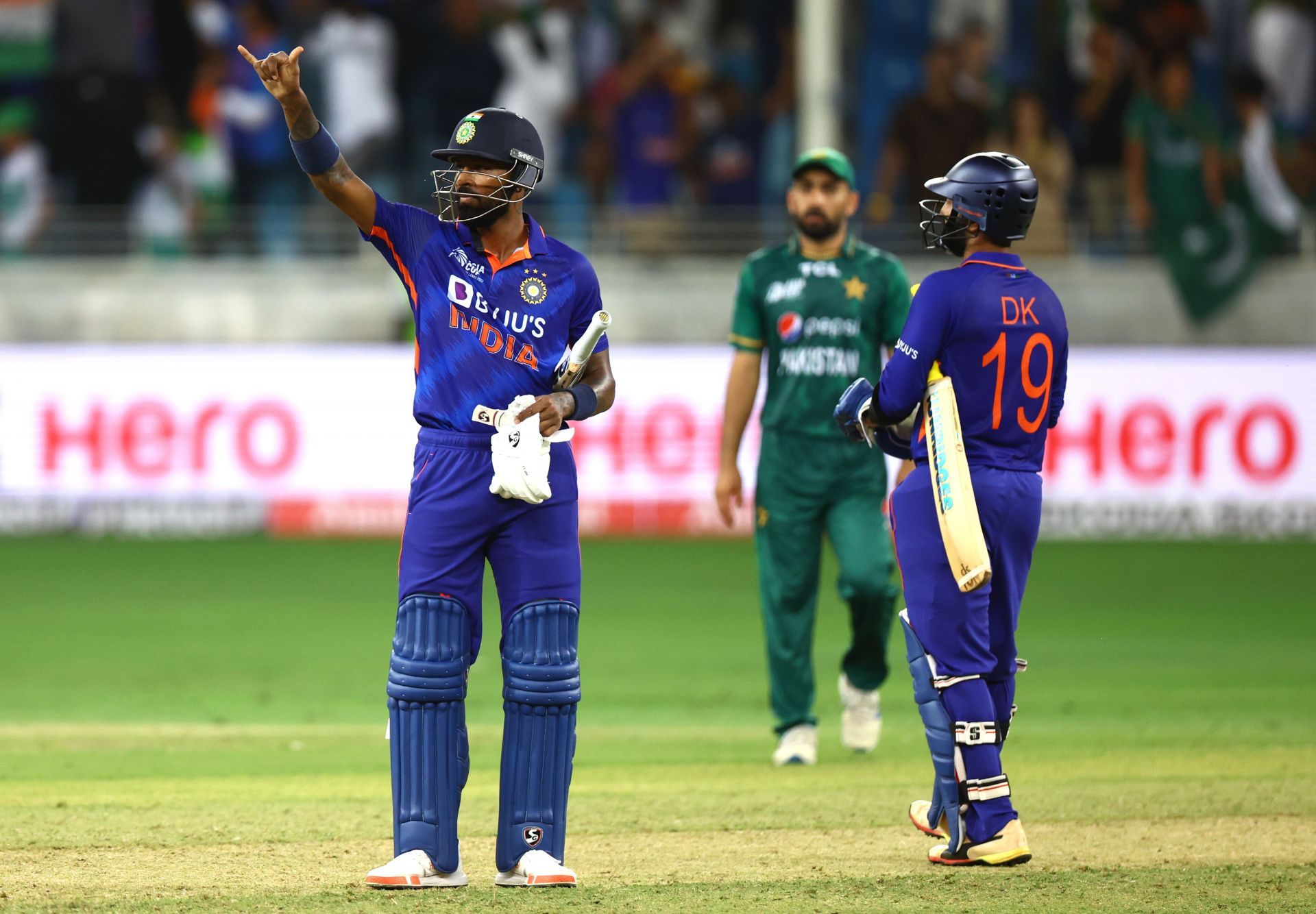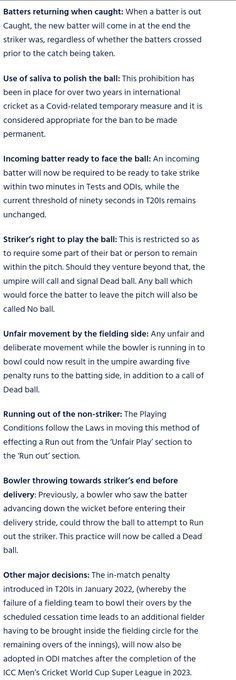
Fielder penalty for slow overrate to be introduced in ODIs as well: ICC
The International Cricket Council (ICC) has revealed that the fielder penalty rule for slow overrates that was introduced in T20Is in January 2022 will soon be adopted for ODIs as well. The rule will come into effect in the ODI format after the conclusion of the ICC Men's Cricket World Cup Super League in 2023.
The ICC, on Tuesday, September 20, announced a slew of changes to its playing conditions. While releasing an official statement, cricket’s governing body mentioned the fielder penalty law for ODIs as well.
As per the current rule in T20Is, the fielding side will be forced to bowl with one less fielder outside the 30-yard circle if the team fails to bowl their overs within the allotted time. The ICC release confirmed:
"The in-match penalty introduced in T20Is in January 2022, (whereby the failure of a fielding team to bowl their overs by the scheduled cessation time leads to an additional fielder having to be brought inside the fielding circle for the remaining overs of the innings), will now also be adopted in ODI matches after the completion of the ICC Men's Cricket World Cup Super League in 2023."
The penalty rule had a significant impact during the Asia Cup 2022 that was played in the UAE. In the second match of the tournament, India benefited from the new law in the match against Pakistan.
With the bowling side forced to bowl with one less fielder in the last three overs, India won the match with Ravindra Jadeja and Hardik Pandya striking some key boundaries.
Use of saliva permanently banned: ICC
Among the other big announcements made by the ICC with regard to playing conditions, the use of saliva to shine the ball has been permanently banned.
The use of saliva to polish the ball was initially banned as a safety measure due to COVID-19. However, the Marylebone Cricket Club (MCC), the Custodian of cricket laws, backed a permanent man ban while amending the rules in March this year.
The ICC was also in favor of a total ban. An official ICC statement from the cricket’s governing body read:
"This prohibition has been in place for over two years in international cricket as a Covid-related temporary measure and it is considered appropriate for the ban to be made permanent.”
Also, a bowler running out a non-striker for backing up too far will now be termed “run out” and not “unfair play”.
The changes to playing conditions announced by the ICC will come into effect on October 1.

